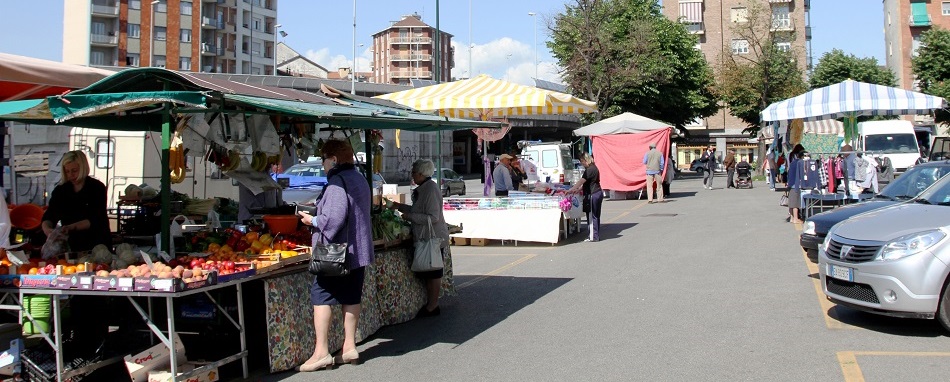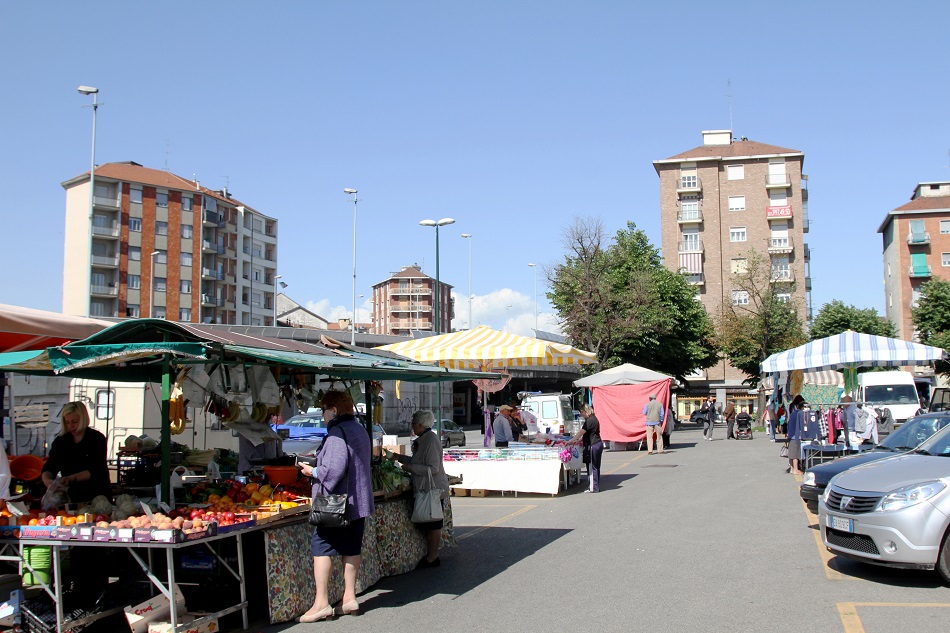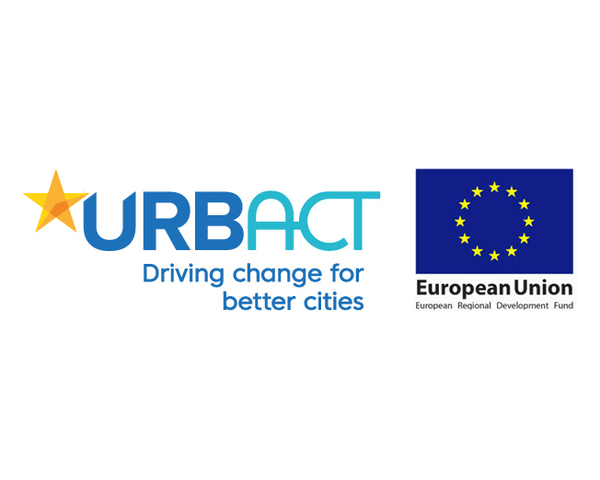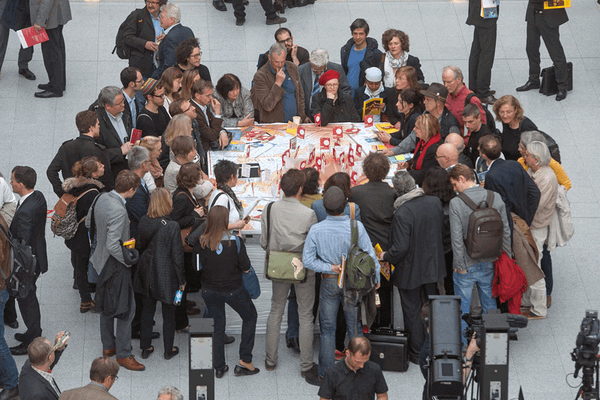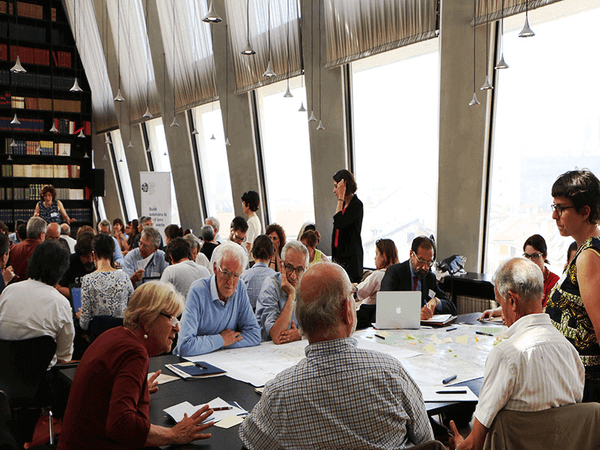City
Metropolitan City of Turin
Main actors
City Government, Research Institutes / Universities
Project area
Inner City
Duration
Ongoing since 2014
The city of Torino is implementing an innovative model to avoid the closure of small local markets and promote social cohesion.
The City of Torino has acknowledged that local markets are essential for their communities and has implemented an Area of Commercial Coverage (ACC) model to assist stall proprietors to maintain their businesses. An Area of Commercial Coverage is a small market, placed exactly on the same area of the low-performing market, having a minimum of 2 and a maximum of 6 stalls. Their layout shall avoid empty spaces thus giving a more coherent look to the area. At least 2 stalls have to be devoted to food (one for fruit and vegetables and one for meat, cheese or fish), so as to give the opportunity to customers, especially the elderly and those with mobility issues, easy access to healthy and fresh food. Additionally, this measure has had a positive environmental impact by giving stall operators the responsibility to dispose of their own waste by bringing it to a specific collection point.
URBACT Good Practice Label
This project was awarded the 'URBACT Good Practice Label' in 2017.
On Map
The Map will be displayed after accepting cookie policy
